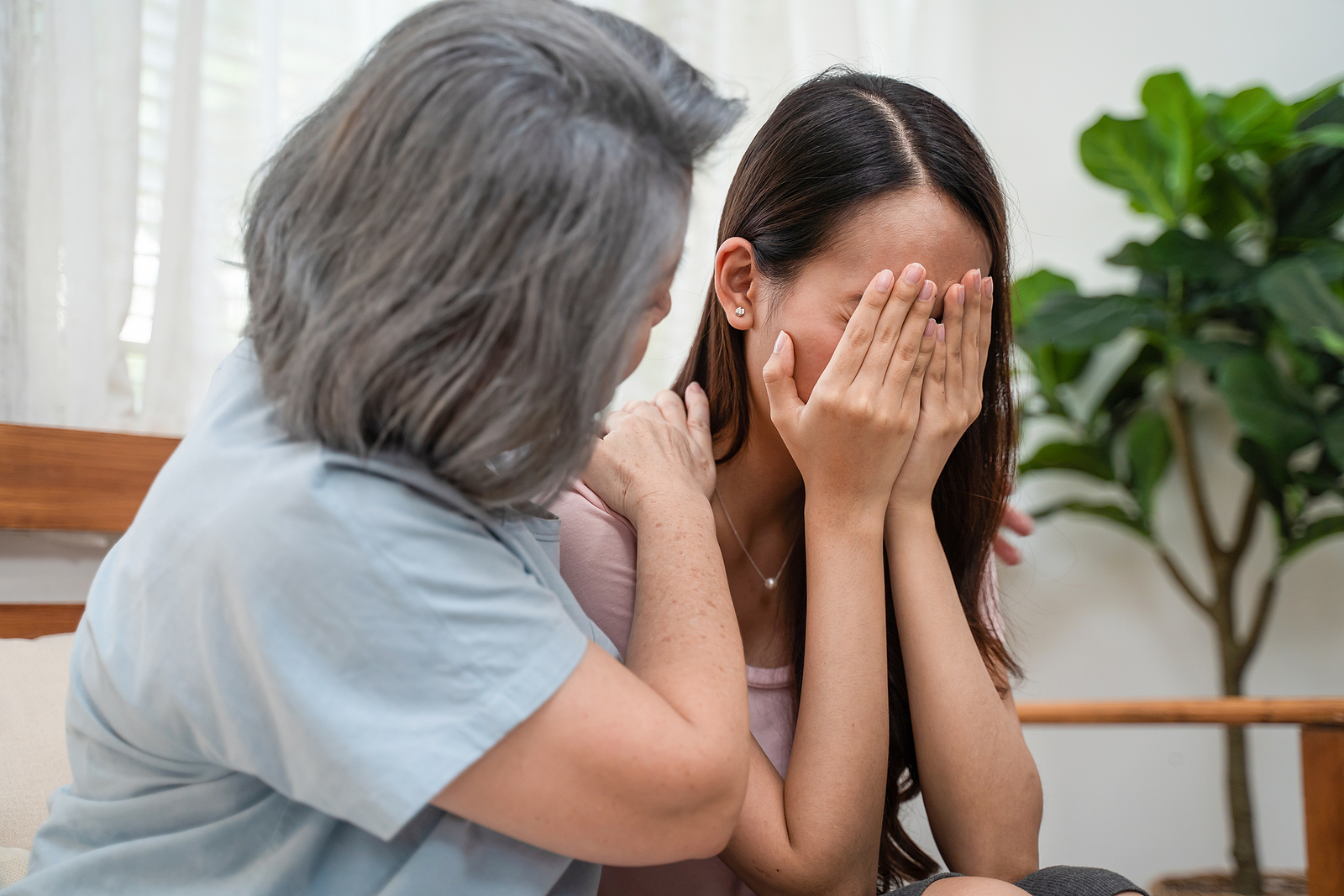
‘I can feel your pain’ — should we feel good after hearing this?
“What makes something better is connection.” Doctors and nurses have been educated to prize empathy as an essential skill in caring for patients, as this charming little video depicts. And not just doctors and nurses: Barack Obama declared in 2007 that “the biggest deficit that we have in our society and in the world right now is an empathy deficit.” He was a Senator at the time, but he carried this philosophy into the White House.
But there are dissenters from the conventional wisdom. In an article in the journal Bioethics, Eugenia Stefanello, of the University of Padova, in Italy, describes the dark side of empathy for healthcare workers. “It seems that good physician has become synonymous with empathetic physician,” she writes. “However, while acknowledging its numerous benefits, I will argue that clinical empathy seems to harbour some dark sides.”
First, from a neuroethical angle, empathy is grounded in “emotional resonance”. This might mean that doctors will show more empathy towards a patient who resembles them. Thus there may be a correlation between empathy and injustice. Furthermore, “sharing your pain” can lead to burn-out, as many studies have shown, leading, at worst, to suicide.
Second, “accessing the inner world of others is neither possible nor desirable since this operation can result in undermining the patient’s agency”.
Third, “clinical empathy can become a tool that disguises the power imbalance between patients and doctors, and this can reinforce an elitist and paternalistic conception of the clinical encounter.”
Despite her hostile critique of empathy, Stefanello agrees that doctors need to be empathetic – but empathy is a complex quality and doctors need to be self-critical about the quality of their interactions with patients.
